At the end of this month, train services in Surrey and Hampshire will be subject to disruption as engineers continue with the Portsmouth Direct Upgrade.
From Saturday, 22nd to Sunday, 30th October, the line between Haslemere and Havant will be closed, with the closure extending to Guildford on weekends. Throughout the closure, rail-replacement buses will replace South Western Railway (SWR) train services.
During the work, new signals will be installed as part of the Farncombe to Petersfield resignalling programme, which is part of the Portsmouth Direct Upgrade. When complete, it will allow more trains to run between Woking and Portsmouth Harbour.
Further work to be carried out during the work includes:
- upgrading a vital set of switches and crossings at Petersfield to improve reliability and provide greater operational flexibility;
- upgrading three level crossings between Liss and Petersfield to make them safer and more efficient;
- track maintenance in the Milford and Liphook areas, and in Buriton tunnel between Petersfield and Rowlands Castle, for smoother and more reliable journeys;
- repair and refurbishment of the waiting shelter on platform 2 at Rowlands Castle station, to provide a better passenger experience;
- renew drainage in the Haslemere area to improve reliability during extreme weather.
Previous work on the Portsmouth Direct Upgrade includes a nine-day closure last February between Guildford and Petersfield and major improvements between Woking and Portsmouth Harbour.
Babak Erfani, Network Rail's senior signalling sponsor for Wessex, said: “This is the third closure on the line between Woking and Portsmouth Harbour as part of the Portsmouth Direct Upgrade programme, which is progressing very well. This closure is mainly to install new signalling structures and renew a vital set of switches and crossings, but we've made the most of it by carrying out a large programme of maintenance too.
“All of the work we're doing is really important if we're to run an efficient railway. The new signals that we're beginning to install, and the switches and crossings we're renewing, will mean that passengers can benefit from better and more reliable journeys for years to come.
“We really appreciate the patience of our passengers, who we advise to check before they travel, as buses will replace trains throughout the closure.”
Christian Neill, customer experience director for South Western Railway, said: “As the exciting Portsmouth Direct Upgrade programme continues at pace, we would like to thank customers for their patience and understanding during the upcoming closure.
“We appreciate that nine days of closure can be frustrating, but this will allow Network Rail engineers to make significant progress on the project, which will ultimately replace decades-old equipment to help improve infrastructure resilience as well as performance for customers.
“We advise customers planning to use the line to check before they travel and make use of the rail replacement bus services available.”

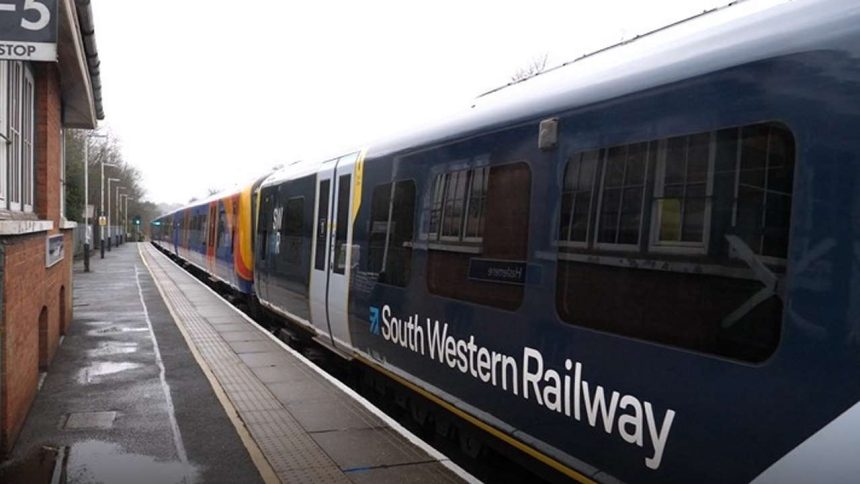







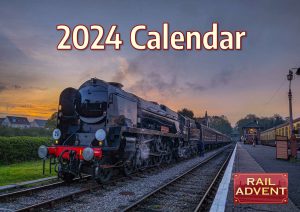


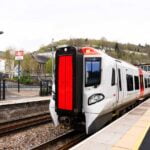
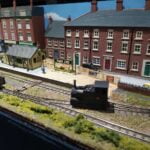
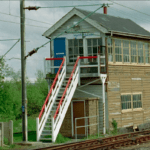



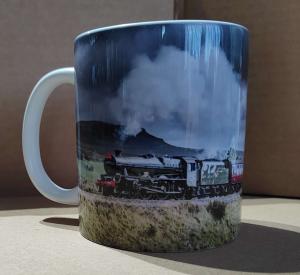

“We really appreciate the patience of our passengers”
Passengers don’t have a choice. Whether they are patient or not, they have to put up with endless disruption – “essential engineering work”, staff shortage, strikes, floods, earthslips, signal failures, train failures… There’s a Chinese takeaway menu of excuses.
Many people are NOT patient with this part-time railway. They’ve given up on user-unfriendly trains & go by car. Reliability & comfort trump the environment.
In the “bad old days” of BR, everything was done to keep trains moving & disruption minimised. Today, a whole line is closed even when work affects only a few yards of track.
When you run a railway primarily for the benefit of engineers & overpaid union bolshies, don’t expect to attract or retain many passengers on your trains.